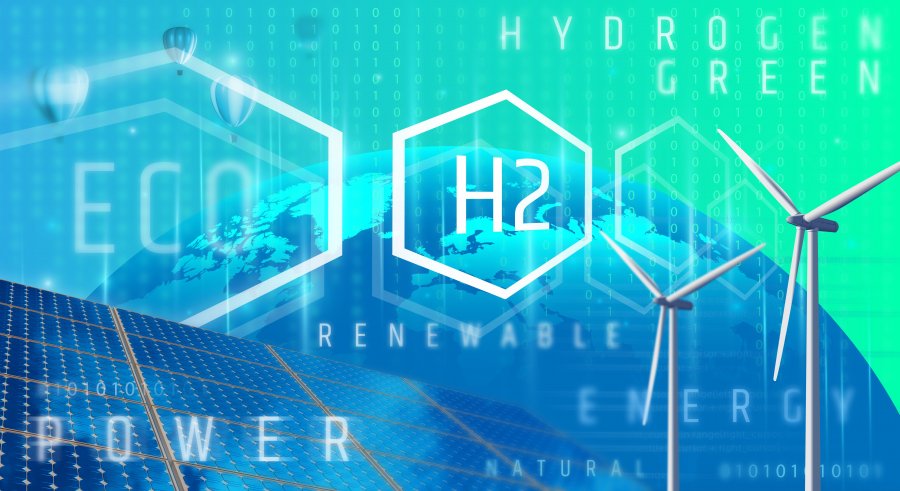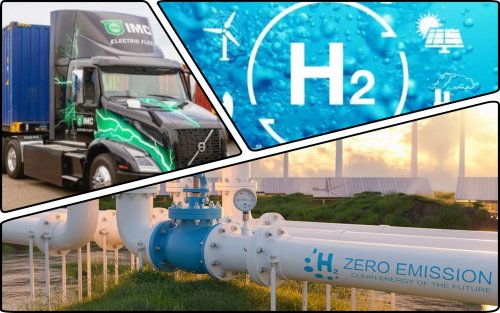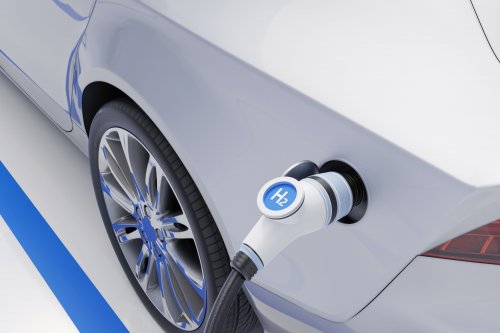Short-term relief measures for companies affected by high energy prices, swift realisation of hydrogen infrastructure and priority access to hydrogen supplies for the sector should be granted immediately, while avoiding disruptions of gas supply as long as alternative infrastructure is not available.
This was with reference to the Energy Manifesto of the European steel industry, published on the occasion of the presentation of the European Commission's RePowerEU plan, EUROFER reports.
“Without strategic industrial energy consumers such as steel on board, the energy transition will not be successful. Energy intensive industries need to be integrated across all levels of policy making and political discussions as the key enablers of the decarbonisation and the independence of the European energy system”, said Axel Eggert, Director General of the European Steel Association (EUROFER).
He emphasized that rapid access of the steel industry to green hydrogen will boost hydrogen markets in Europe.
“Alternative gas supplies other than from Russia will remain crucial as long as no hydrogen infrastructure at affordable costs is available. We need a revision of the EU energy strategy in the sake of cohesion, cooperation, and cross-sectoral dialogue,” Eggert added.
The combined effects of the energy crisis and the invasion of Ukraine by Russia have added further hurdles on the EU steel industry’s decarbonisation pathway as the EU is not ready to deliver sufficient quantities of low-carbon energy carriers. This highlights the urgency of establishing the right conditions at EU level to support the transition towards climate neutrality.
The new EU energy strategy should pursue short and medium-term measures to cope with the current challenges, by guaranteeing security of gas supplies and swiftly implementing the previous EU toolbox measures to mitigate the impact of price surge on European industry.
At the same time, the revision of the EU energy system must include a long-term strategy ensuring cost-effective consumption and access to energy for industrial sectors as enablers of the energy transition. The European Green Deal and the Fit-for-55 package should be adjusted accordingly. The first strategic objective is to make clean energy available and grant access in large quantities at an affordable price to meet the climate neutrality and sectoral energy targets.
“For the time being, no hydrogen economy or infrastructure exists for the steel sector. Our industry alone will need over 150 TWh of ‘clean’ electricity – half of which for the production of hydrogen - by 2030 to run its 60 low carbon projects across the EU. These needs are the equivalent of two times the electricity consumption of Belgium”, said Mr. Eggert.
In particular, the EU must increase its efforts to ensure strategic autonomy and economic resilience to key industrial sectors such as steel by enhancing their transition through:
- granting priority access to hydrogen supply and existing grids for sectors ready to consume it and with the highest CO2 abatement potential;
- providing concrete instruments to steer on-site infrastructure investments for hydrogen as rapidly as possible;
- ensuring flexible application of the additionality principle and correlation criteria for hydrogen production, avoiding unnecessary caps on production and therefore consumption;
- securing swift approval to low-carbon steel projects across all European funding instruments (i.e. CEEAG and IPCEI) and front-loading for the Innovation Fund;
- removing administrative burdens for renewable energy projects, including hydrogen projects;
- promoting Power Purchase Agreements (PPAs) beyond 2030 for industry including hydrogen.
“The European Commission must take a bold approach and develop a coherent framework for supporting energy intensive industries in the transition. Affordable energy is key to achieve the EU climate targets and industry consumers are its key players”, concluded Mr. Eggert.
Recall that the European Commission on Wednesday, May 18, presented in Brussels renewable energy transition plan and refusal of energy resources from the Russian Federation.




